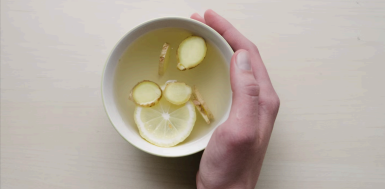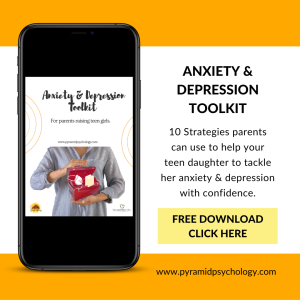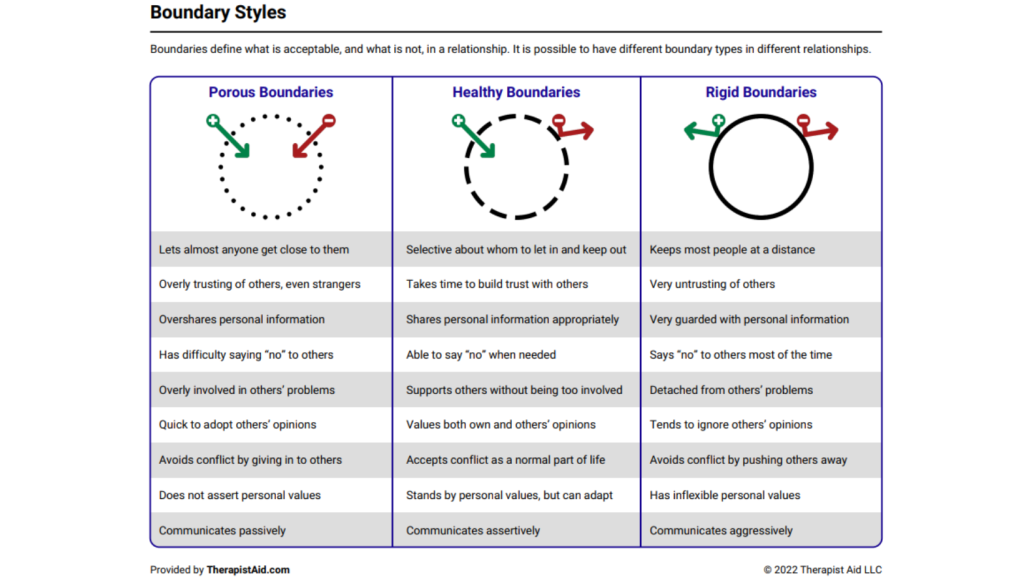Screen Time Wisdom
Screen Time Wisdom
Screen Time Wisdom from Teens Who Know Best…..But Might Just Need a Little Help Implementing.
 Screen time.
Screen time.
As the parent of a teen girl, those two words might conjure up thoughts nightmares are made of.
- Phone.
- No phone.
- Social media.
- No social media.
- Limitations.
- Restrictions.
- Overuse.
- Addictions.
- Permanent digital footprint.
- Cyber bullying.
Just to name a few things you might be considering when it comes to your teen and her screen time.
I, like many, am navigating this world with my teen right now. A world where it seems like technology is master. I’m also a psychologist who’s been working with teens for over 10 years so I’ve gotten to see the many faces of technology.
Whether you’re thinking about the impact of her online content consumption or the way others behave towards one another online, there’s no doubt It’s a complex issue-
Where to draw our line as parents? How do we encourage and teach our children (teens) to use technology in reasonable and safe ways?
For more information from some leading experts talking about these issues try checking out:
- https://everfi.com/blog/community-engagement/responsible-screen-time/
- https://youtu.be/zaEn0BQS0vY
- https://www.thesocialdilemma.com/
What I want to share with you today is inspired by the teens I’ve worked with over the past 10+ years. Teens of all ages who have questioned, evaluated, and taken action on their screen time choices.
Lessons from your daughters:
- Going on regular “tech detoxes”. The teens I’ve worked with have tried a variety of detoxes including reducing their screen time by a small amount each day, choosing a weekly tech free day, and even deleting social media apps altogether for a month.

- The benefits of gaming and being online. In-depth reflection and conversation has led some of the teens to realize that their online presence has helped them in many ways. Helping them break through social anxiety, getting really good at a craft or skill, discovering stuff about themselves, and connecting them to a like-minded community. It’s not all bad.
- Parental guidance. OK this one, they may not have ever admitted saying, but quite a few of the teen girls “appreciate” the guidance and the little nudges to be off their devices and doing other types of things.
- Technology for mental health. I love when a teen introduces me to an app or an online community that is focused on their wellness. I have had the privilege of being introduced to platforms teen girls actually use to improve their mental health. Apps, such as Finch, CalmHarm, Breeze, Habitica, Mindshift, and many more.
 What I would tell my younger self (younger sibling). When I ask this question 9 times out of 10, teens tell me their advice for their younger person would be to wait as long as they can before they start using social media, to avoid platforms that constantly show them videos and pictures they compare themselves to, and to enjoy things outside of screen time.
What I would tell my younger self (younger sibling). When I ask this question 9 times out of 10, teens tell me their advice for their younger person would be to wait as long as they can before they start using social media, to avoid platforms that constantly show them videos and pictures they compare themselves to, and to enjoy things outside of screen time.

Pretty wise right!
That being said, you might appreciate the strong pull towards being on your screen, and how habit forming it can be. So even if your teen may already have some great ideas and insights; she will need your support, encouragement, and guidance to turn those wise ideas into wise actions.
Sometimes the most impactful thing we can do is simply start by questioning, evaluating and taking action with our own screen time choices to start that ripple effect.
Love,
Chantal
This Article: “Screen Time Wisdom” was written by: Chantal | Pyramid Psychology















































